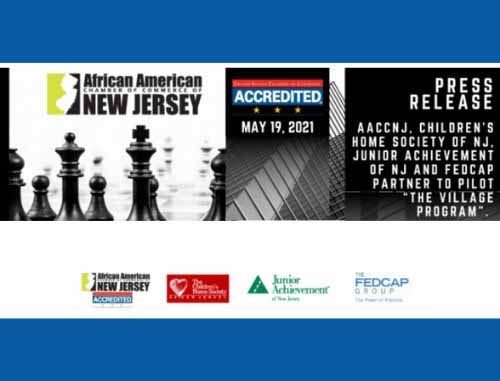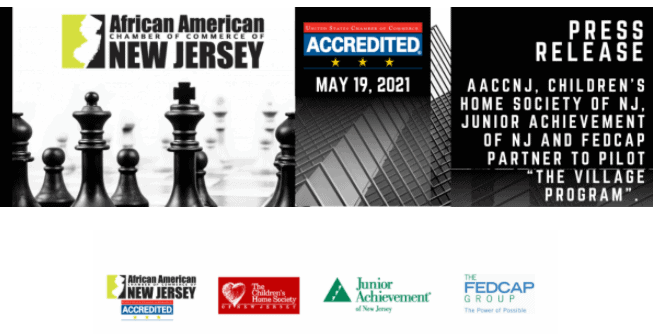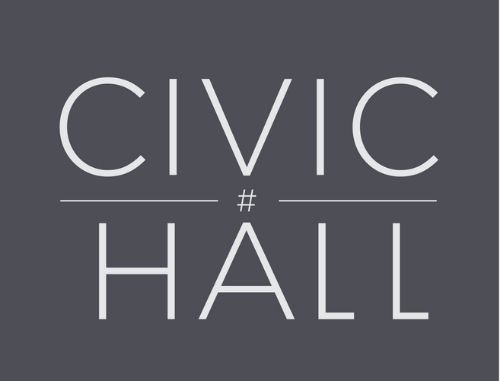Reflection and Action

May 28, 2021
As we spend this weekend remembering our veterans—I have asked Retired Army Colonel David Sutherland to serve as a guest blogger today. We are grateful for his service to this country—and his leadership on and off the battlefield.
By Retired Army Colonel David W. Sutherland, Chairman, Dixon Center for Military and Veterans Services– a member organization of The Fedcap Group
“If ye break faith with us who die” John McCrae, 1915
This weekend marks Memorial Day, a sacred day of recognition in the United States. At Dixon Center for Military and Veterans Services, we will spend the weekend remembering, honoring, and mourning the United States military members who died while serving in the Armed Forces – some of whom we served with over the course of our military service.
One of history’s most famous wartime poems, In Flanders Fields, written in 1915 during the First World War by Canadian officer and surgeon John McCrae, provides a moment to reflect.
In Flanders fields the poppies blow
Between the crosses, row on row,
That mark our place; and in the sky
The larks, still bravely singing, fly
Scarce heard amid the guns below.
We are the Dead. Short days ago
We lived, felt dawn, saw sunset glow,
Loved and were loved, and now we lie
In Flanders fields.
Take up our quarrel with the foe:
To you from failing hands we throw
The torch; be yours to hold it high.
If ye break faith with us who die
We shall not sleep, though poppies grow
In Flanders fields.
As a child, my father, Dr. G. W. Sutherland, a Canadian Army Veteran, would share his interpretation of the poem with me. He believed that the last stanza was written to inspire those reading this poem to reflect on the achievements and the sacrifices of our nation’s fallen and to never forget them or their families.
We are reminded that the worst thing we can do is to forget. We can all use the opportunity created by Memorial Day to remember those who died while serving, be it in combat, during training exercises, or through accidents and non-combat related deaths.
The narratives of those who have fallen live on through their families. These families are given the honorific “Gold Star” to designate that they have had a loved one lose his/her life in service to the nation. If you know a Gold Star family, reach out to check on them this weekend and provide encouragement. If you meet a Gold Star family member in the future, ask them to share their story, then take the time to listen.
Although the COVID-19 pandemic may alter our ability to honor the fallen with parades or memorial services, it does provide an opportunity for us to create our own personal remembrances. Consider the following activities this weekend:
- Plant a remembrance tree or flowers with your family
- Research the achievements of one of our fallen from previous wars and ongoing combat operations
- Livestream virtual events from memorials, Arlington National Cemetery, and local ceremonies.
This Memorial Day weekend, I hope that you take a moment to personally reflect on the achievements and courage of our U.S. service members who died while serving in the Armed Forces.
At Dixon Center, we will always remember, and they will never be forgotten.
28 mayo 2021
Reflexión y Acción
Mientras pasamos este fin de semana recordando a nuestros veteranos, le he pedido al coronel retirado del ejército David Sutherland que sirva como “bloguero” invitado hoy. Estamos agradecidos por su servicio a este país, y su liderazgo dentro y fuera del campo de batalla.
Por el Coronel Retirado del Ejército David W. Sutherland, Presidente del Dixon Center for Military and Veterans Services – una organización miembro del Fedcap Group.
“If ye break faith with us who die ” John McCrae, 1915
Este fin de semana se celebra el Día de los Veteranos, un día sagrado de reconocimiento en los Estados Unidos. En Dixon Center for Military and Veterans Services, pasaremos el fin de semana recordando, honrando y guardando luto a los militares de los Estados Unidos que murieron mientras servían en las Fuerzas Armadas; algunos de los cuales con los que servimos en el transcurso de nuestro servicio militar.
Uno de los poemas bélicos más famosos de la historia, In Flanders Fields, escrito en 1915 durante la Primera Guerra Mundial por el oficial y cirujano canadiense John McCrae, ofrece un momento para reflexionar.
In Flanders fields the poppies blow
Between the crosses, row on row,
That mark our place; and in the sky
The larks, still bravely singing, fly
Scarce heard amid the guns below.
We are the Dead. Short days ago
We lived, felt dawn, saw sunset glow,
Loved and were loved, and now we lie
In Flanders fields.
Take up our quarrel with the foe:
To you from failing hands we throw
The torch; be yours to hold it high.
If ye break faith with us who die
We shall not sleep, though poppies grow
In Flanders fields.
De niño, mi padre, el Dr. G. W. Sutherland, un veterano del ejército canadiense, compartió conmigo su interpretación del poema. Él creía que la última estrofa estaba escrita para inspirar a aquellos que leían este poema; a reflexionar sobre los logros y los sacrificios de nuestros caídos y a nunca olvidarles tanto a ellos como a sus familias.
Se nos recuerda que lo peor que podemos hacer es olvidar. Todos podemos aprovechar la oportunidad creada por el Día de los Veteranos para recordar a aquellos que murieron mientras servían; ya fuera en combate, durante ejercicios de entrenamiento o a través de accidentes y muertes no relacionadas con el combate.
La narrativa de aquellos que han caído vive a través de sus familias. A estas familias se les da la honorífica “Estrella de Oro” para destacar que han tenido un ser querido que había perdido su vida al servicio de la nación. Si conoces a una familia de “Estrella de Oro”, ponte en contacto con ella este fin de semana y dale ánimos. Si conoces a un miembro de la familia “Estrella de Oro” en el futuro, pídele que comparta su historia y luego tómate el tiempo para escucharle.
Aunque la pandemia COVID-19 pudiera alterar nuestra capacidad de honrar a los Veteranos con desfiles o servicios conmemorativos; nos brinda la oportunidad de crear nuestros propios recuerdos personales. Considera las siguientes actividades este fin de semana:
- Planta un árbol o flores de recordación con tu familia.
- Investiga los logros de uno de nuestros caídos de guerras anteriores, así como de uno en operaciones de combate en curso.
- Retransmite en vivo eventos virtuales de recordación como: desde el cementerio nacional de Arlington y o desde ceremonias locales.
Este fin de semana del Día de los Veteranos, espero que te tomes un momento para reflexionar personalmente sobre los logros y el coraje de nuestros militares estadounidenses que murieron mientras servían en las Fuerzas Armadas.
En el Dixon Center, siempre los recordaremos, y nunca serán olvidados.












